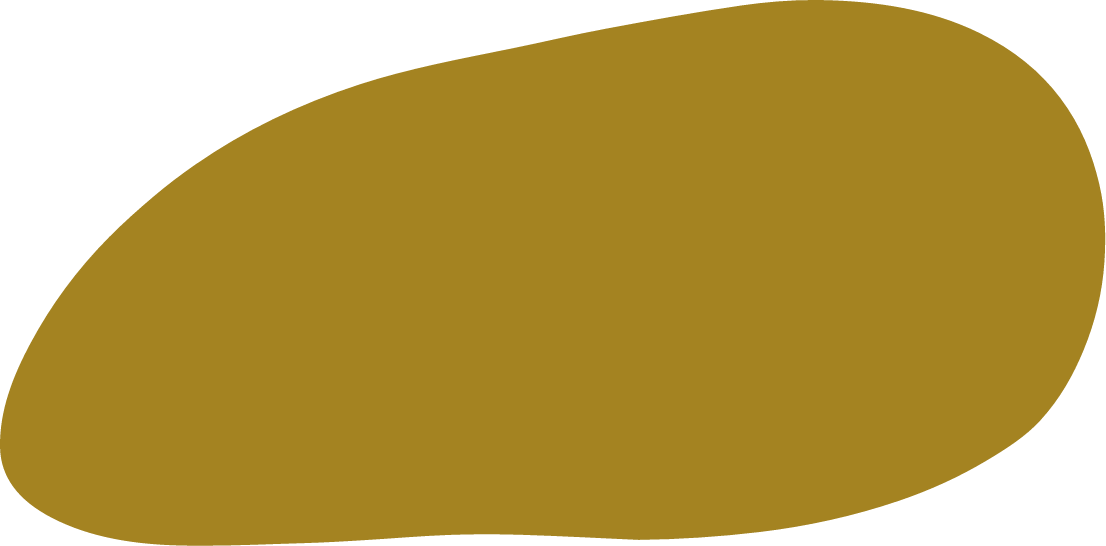‘Constellation’ comes from the Latin word meaning “set with stars”. Before compasses were invented, people looked to stars for navigation, mainly when sailing across the ocean. They used a constellation called the Ursa Minor to identify the location of Polaris, also known as the North Star. It was the ancient Sumerians, followed by the ancient Greeks, that established most of the northern constellations in use today. When explorers mapped the stars of the southern skies, European and American astronomers proposed new constellations for that region.
In 1922, the International Astronomical Union adopted the modern list of 88 constellations, which depict 42 animals, 29 inanimate objects, and 17 humans or mythological characters. It was agreed that the list would be final and no new constellations would be added. Constellations not recognised by the International Astronomical Union were abolished. Some of them appear in old maps and etchings; among them, Argo Navis (the Ship Argo) which was one of the 48 constellations proposed by Greco-Roman mathematician, astronomer, and geographer Ptolemy. The 51 constellations that did not make the cut, form the basis of Alexandra Paperno’s Abolished Constellations.
The work takes center stage at the Yeni (meaning ‘new’) Mosque. The mosque’s many layers―architectural, cultural, historical―speak volumes on Thessaloniki’s cultural makeup. An architectural work of the 19th-century-Italian-architect Vitaliano Poselli, for the Dönme population―Jewish followers of Sabetai Sevi, a 17th-century rabbi who claimed he was the messiah in the Ottoman Empire, and who converted openly to Islam, but retained elements of the Jewish faith and Kabbalistic beliefs. The building was, more recently, used as an archaeological museum which also sheltered refugees, from 1923-1924, after the population exchange.
The 51 panels of Paperno’s Abolished Constellations allow us to zoom both in and out: the marks of paint on the paper borderline between abstraction and figurativeness, draw the eye away from the surface, inwards and back to the origins of the Cosmos, with a density that approaches weightlessness. They depict the shifting palette of the night sky, the Earth at a different spot of its orbit, the yellow-white glow of the stars as they appear to the naked eye against the dark background of the sky.
The Ancient Greek word for constellation is ‘ἄστρον’. A work named after abolished constellations is exhibited in a building full of symbolisms. In a mosque, where one may look up and see the star of David engraved in marble: another compass, another navigational tool. In the centenary of that astronomical conference where the fate of 51 surplus constellations was decided, we are reminded of the arbitrariness of man-made rules and groupings. A constellation is a creation of the human consciousness. Astronomers abolished something that in fact never existed. A state of collective being has been negated, in this way: a work that connects at its epicenter the Universe’s galaxies and constellations, situated in a building, that has been reconfigured and used in different ways throughout its history, built specifically for a religious group that no longer exists in a city that has changed. The constellation of stars is a reminder of the possibility of coming together and of the randomness of systems of human collectivity. Viewers as cosmonauts, forever searching for the elusive meaning of the universe, whilst the architecture plays its cards, suggesting permanence: we are reminded of our surroundings and that we, like the stars and the communities we form, are not permanent at all.












